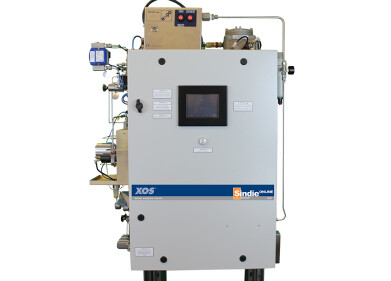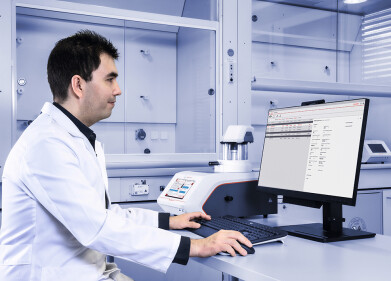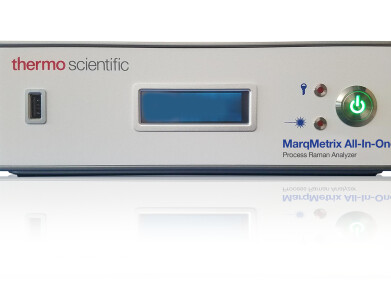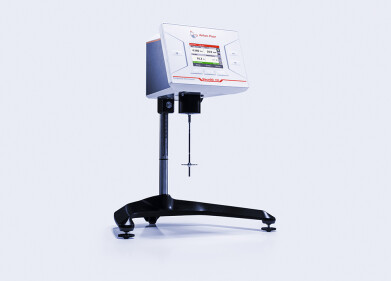Analytical instrumentation
Is There Fuel on Mars?
Dec 29 2020
Ground-breaking new research from Washington University has given scientists hope that salt water on Mars could be transformed into oxygen, hydrogen and fuel. The cutting-edge technology was tested in a simulated Martial atmosphere at a temperature of minus 36â°C, with lead researcher Vijay Ramani asserting it could be used by astronauts to provide resources for the return journey.
“Our Martian brine electrolyser radically changes the logistical calculus of missions to Mars and beyond,” says Ramani. “This technology is equally useful on Earth where it opens up the oceans as a viable oxygen and fuel source.”
Transforming saline water into fuel
The findings were published in the journal Proceedings of the National Academy of Sciences and explain how electricity was used to break down salt water and transform it into hydrogen and oxygen. With the capacity to produce more than 25 times more oxygen than Mars Oxygen In-Situ Resource Utilisation Experiment (MOXIE) technology developed by NASA, the brine electrolyser marks a new era of efficiency for space exploration.
“Given the Phoenix lander’s observation of an active water cycle on Mars and the extensive presence of perchlorate salts that depress water’s freezing point to ∼−60 °C, our approach provides a unique pathway to life-support and fuel production for future human missions to Mars,” reads the abstract.
New technology “opens up the oceans”
Working from the McKelvey School of Engineering at Washington University in St. Louis, the team developed a system that efficiently extracts oxygen and hydrogen from salt water. Carefully designed for the harsh Mars environment, the electrolyser uses a lead ruthenate pyrochlore anode and platinum on carbon cathode to deliver exceptionally high performance.
As well as supporting space exploration Ramani says the technology could have exciting implications for use on Earth. Moving forward, he hopes the electrolyser can be used to produce hydrogen and oxygen using ocean water. With the ocean covering around 70% of the planet, the opportunities to generate fuel from salt water are huge.
“Our Martian brine electrolyser radically changes the logistical calculus of missions to Mars and beyond,” says Ramani. “This technology is equally useful on Earth where it opens up the oceans as a viable oxygen and fuel source.”
For more insight into how new technologies are transforming the oil and gas industry don’t miss ‘The Future Is Knocking for the antiquated octane number Test, any takers?’ featuring insight from Dr. Raj Shah and Dr. Vikram Mittal on behalf of Koehler Instrument Company.
Digital Edition
PIN 25.6 Buyers' Guide
January 2025
Buyers' Guide Directory - Product Listings by Category - Suppliers Listings (A-Z) Articles Analytical Instrumentation - ASTM D7042: The Quantum Leap in Viscosity Testing Technology -...
View all digital editions
Events
Jan 20 2025 San Diego, CA, USA
Jan 22 2025 Tokyo, Japan
Jan 25 2025 San Diego, CA, USA
SPE Hydraulic Fracturing Technology Conference and Exhibition
Feb 04 2025 The Woodlands, TX, USA
Feb 05 2025 Guangzhou, China



















